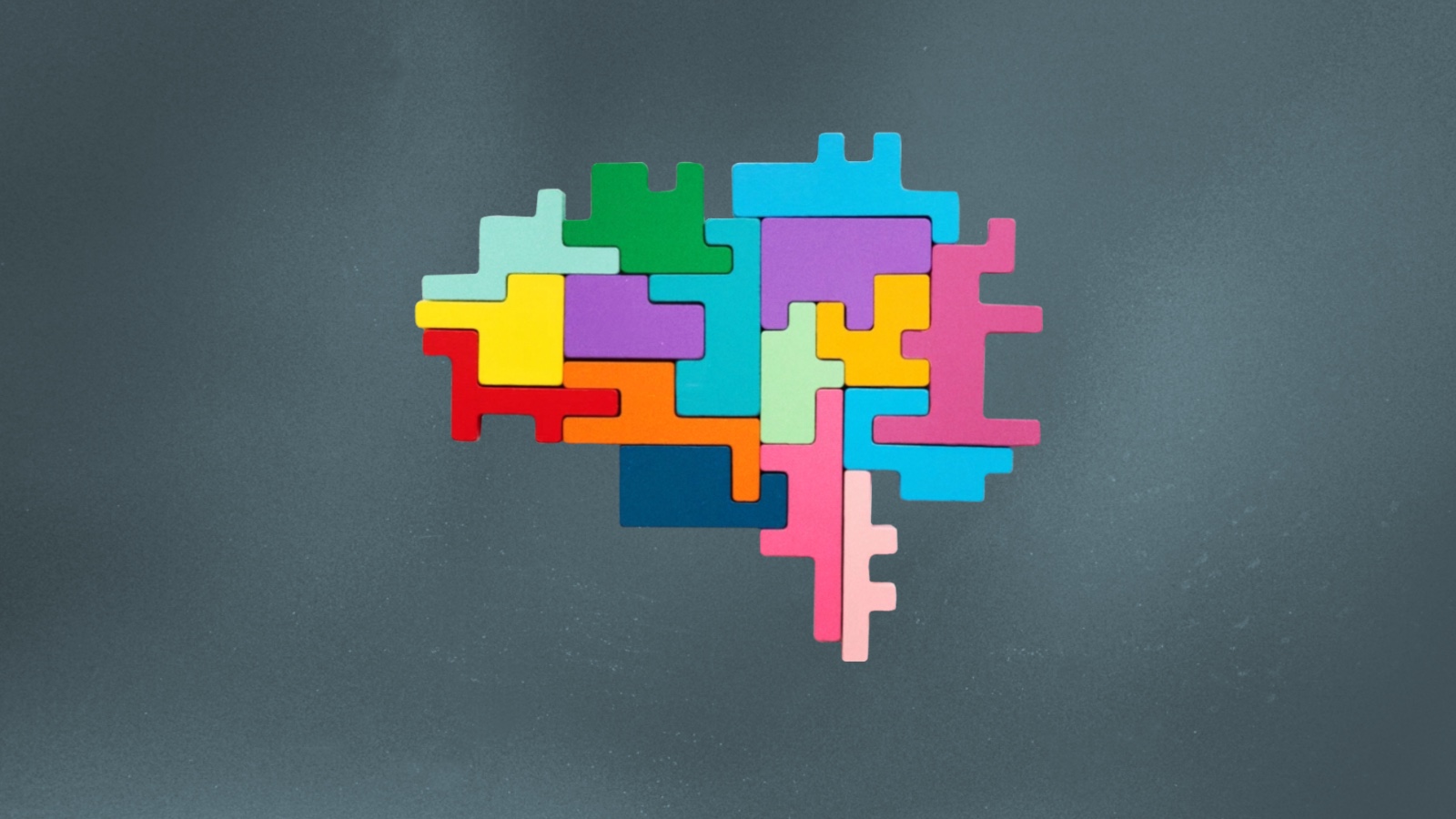Are our current school systems stifling learning that matters? Mary Helen Immordino-Yang, a professor of education, psychology, and neuroscience at the University of Southern California, says yes.
According to Immordino-Yang, our education system focuses too much on memorizing facts and procedures, neglecting autobiographical memory—the personal story we tell ourselves about who we are and what we stand for. This type of memory is crucial for growth, development, and well-being.
Immordino-Yang tested this theory with a 5-year study that analyzed how young people’s brains are affected by deep thinking and reflection. She found that when teens were exposed to real-life stories and were asked to respond critically to how they made them feel, it had significant positive impacts on identity development and brain structure.
Instead of teaching students to memorize and reiterate learned facts and figures, Immordino-Yang encourages us to focus on this type of “transcendent thinking,” as it can help young people give more context to their knowledge. By fostering this deeper level of understanding, we can better prepare students to navigate and contribute to the complex, constantly developing world we live in.
Mary Helen Immordino-Yang: One of the fundamental misconceptions undergirding our education system is the idea that the purpose of school is to support learning outcomes. And learning outcomes are operationalized mainly around two things, both to do with memory. One is memory for semantic information, for facts, and the other is memory for procedures. But in the human brain, there's a third kind of memory that is absolutely fundamental to our growth and development and well-being, and that is autobiographical memory.
Autobiographical memory is the stories of who we are and what we stand for and how we want the world to be. The sort of transcendent thinking that young people do forms the kind of hat stand that all of the other learning gets layered on top of. In essence, organizing the way in which we call up our memories, the way in which we enact our skills, the way in which we notice what needs to happen in different situations—those are the things that really make us human, and those are the things that we need to reorganize our educational experiences around.
I'm Mary Helen Immordino-Yang. I'm a Professor of Education, Psychology & Neuroscience at the University of Southern California, and I'm the director of CANDLE, which is the Center for Affective Neuroscience Development, Learning, and Education. We've known for a long time that infants very quickly grow their brains in the first three years of life. We're now coming to appreciate that there's a second major period of brain development that happens just before puberty and lasts all the way into the mid-20s. There's lots of work in neurodevelopment showing that, for example, the kinds of resources and environments that kids have, socioeconomic status, for example, are affecting the ways in which their brains are developing at the group level.
Young people across adolescence are needing healthy opportunities to contribute, to be part of communities, to develop a sense of purpose. Those very fundamental psychological capacities turn out to be driving the development of their brains. So as we began to pull apart and understand the neural correlates of what we're now calling out of the things that we witness; to also consider the historical or future possible implications, the ethical implications, to become curious about what alternative ways something could have happened, to think about the ways that our perspectives are related to our systems of beliefs and assumptions. So, I was really drawn to try to understand how do young people develop these capacities—what do they look like in the brains of young people, and what might be some of the affordances of these capacities for thinking?
So we designed an experiment: a five-year longitudinal study in which I invited 65 young people between the ages of 14 and 18, from low socioeconomic status, high-crime neighborhoods, a range of ethnic backgrounds, all kids who were passing their classes in school, they all came from sort of stable family situations. Independently, I sat with each kid for two hours and showed them a set of 40 documentaries that told the stories of real teenagers from all around the world, and then asked the kids, "How does this person's story make you feel?" Then we moved the kids into the MRI scanner where they watched, again, a short clip of the story, and they just sit and think about what the story means to them and push buttons to tell us how strongly emotionally engaged they are with thinking about that story.
And then we had the kids come back two years later and we scanned their brains again. And then we followed those young people into late adolescence, and then again as they were transitioning to young adulthood. And what we were able to show, which is quite extraordinary, is that the way in which they were inclined to engage in transcendent thinking about the meaning of the story predicted the physical change in the growth of the white matter fiber tracts of their brain over the subsequent two years. That brain growth that we observed predicted identity development in late adolescence, which, in turn, predicted young adult life satisfaction; that they like the person whom they've become, that they enjoy and feel satisfied with the quality of their close relationships, that their opportunities at school or at work are what they always had hoped for themselves, that those are really what they wanna be doing with their life.
These findings were not explained by IQ. They were not explained by ethnic group or gender or by socioeconomic status. They were explained by the kind of disposition. So you have to do the exercise of actually using that thinking to grow your brain, and then that growth in the brain over time predicted identity development, and then that identity development predicted these young adult outcomes.
So when we think about the current state of secondary education and we think about what adolescents need, it's fairly obvious that there is a fundamental mismatch. We want kids to start with the small building blocks, to learn the little pieces and start to put those together, but that is not how the human mind grows. The human mind grows and develops by engaging with deep, powerful ideas, and then working backward to inform the meaning that you're making. What our, and many people's, psychosocial and educational research is showing is that supporting young people to respectfully, in a developmentally appropriate way, engage with the complexities of the social and moral lives that they and others are living and that we are co-creating together in our society is what is deeply, deeply motivating and purpose-generating in all people, but especially in young people.
So when our educational system thinks of the learning process as enabling a young person to think about the kind of world that they live in, but also the kind of world they want to create—that is good education.






